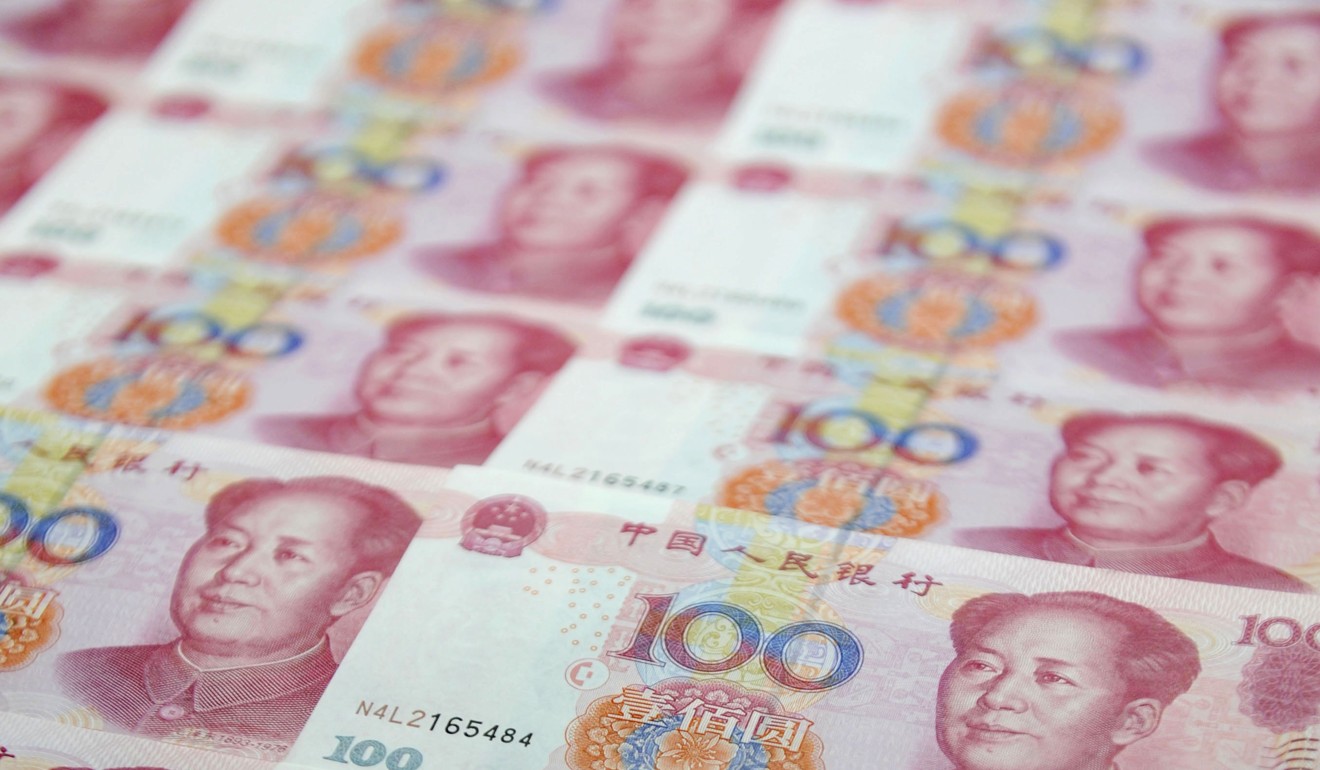
China’s central bank preparing further policy easing to counter credit squeeze
China’s central bank will use unconventional methods to support the ailing corporate bond market and guide financial relief to vulnerable areas of the economy, according to analysts.
Market expectations are that Beijing would further ease a variety of policies in coming months, as well as urge banks to lend more to small companies, in a bid to counter a domestic economic slowdown and offset the impact of a trade war threat with Washington.
The People’s Bank of China has promised support to some large banks through medium-term lending facilities, a widely used liquidity tool, if they increase corporate loans and corporate bond purchases, the 21st Century Business Herald reported Thursday, citing several banking sources.
“The tone is changing. There could be bigger policy relaxations than the current targeted or marginal easing,” said Wu Qi, a senior fellow at the Pangoal Institution, a Beijing-based policy institute.
Financial deleveraging was until recently the key policy theme among Beijing’s economic architects, manifesting in asset management rules put in place to regulate shadow banking. The emphasis on deleveraging has softened in recent months as second quarter economic data showed annualised growth had slowed to 6.7 per cent, while the outlook for coming quarters was less optimistic amid concerns over the impact from US tariffs.
“The corporate bond market is just one example of the structural credit squeeze,” Wu said.
However, as the economic slowdown becomes more obvious in the second half, Beijing may deploy a broader range of support measures to help prop up growth, he said.
The 25-member Politburo, the prime decision-making body headed by President Xi Jinping, is expected to convene in coming weeks to discuss the rising trade tensions with the US and what countermeasures are appropriate.
Li Yuze, a fixed-income analyst with China Merchants Securities, said Chinese banks are in no mood to ramp up lending as their risk appetite has sunk to a record low. As such, it is not likely that the PBOC will be effective in its drive to encourage more investment in low-rated corporate bonds. Another risk is that liquidity will flow to companies in a strong economic position, while those most in need of new funding are likely to be shunned as too risky.
“Under the current environment of heightened liquidity stress for private firms and increasing defaults, banks are very cautious in investing in corporate bonds, even with additional cheap funds,” said Chen Shujin, chief financial analyst with Hong Kong-based Huatai Financial Holdings.
Currently, the PBOC is caught in a dilemma. Its monetary policy stance has turned neutral amid rising US interest rates and Beijing’s push for financial deleveraging to defuse systematic risks.
However, the central bank has had to ease its monetary stance as China’s economy decelerates.
Since March, when Yi Gang took over as governor, the PBOC has cut the required reserve ratio for banks twice in a bid to inject more capital into the banking system.
In spite of these measures, credit flow to the economy remains tepid.
Data for June shows total social financing, a broad measure of credit growth, grew 9.8 per cent over the same month a year earlier, reflecting the second straight month that the growth rate has been under 10 per cent.

The credit squeeze has caught many private companies off guard, resulting in 28 bond default so far this year so far, mostly by private companies, according to Wind Info.
“The policy move beat previous market expectations,” said Ming Ming, a former PBOC official and now head of fixed income research at Citic Securities Co.
“This is an option that the PBOC can do within its power, as other institutions have yet to act in sync with the central bank to loosen credit,” he said.
Other Chinese ministries now seem more inclined to provide support.
Chairman of the China Banking and Insurance Regulatory Commission, Guo Shuqing, told a symposium that the government wants to maintain stable employment by extending support to small business.
Gao said that banks should actively support companies which have good prospects but are suffering financial difficulties.
Sun Guofeng, director of the PBOC’s financial research institute, said Wednesday that China has room to further relax constraints on banks to expand lending, as a way to offset the crackdown on shadow banking.
Wang Tao, chief China economist of UBS, said the authorities may relax financing restrictions on public-private partnership projects and local governments, and increase government spending to boost infrastructure construction.
Wang told a media briefing in Beijing earlier this week that the PBOC could also slash the required reserve ratio by 150 basis points before year end, together with other liquidity tools, to support the economy.


